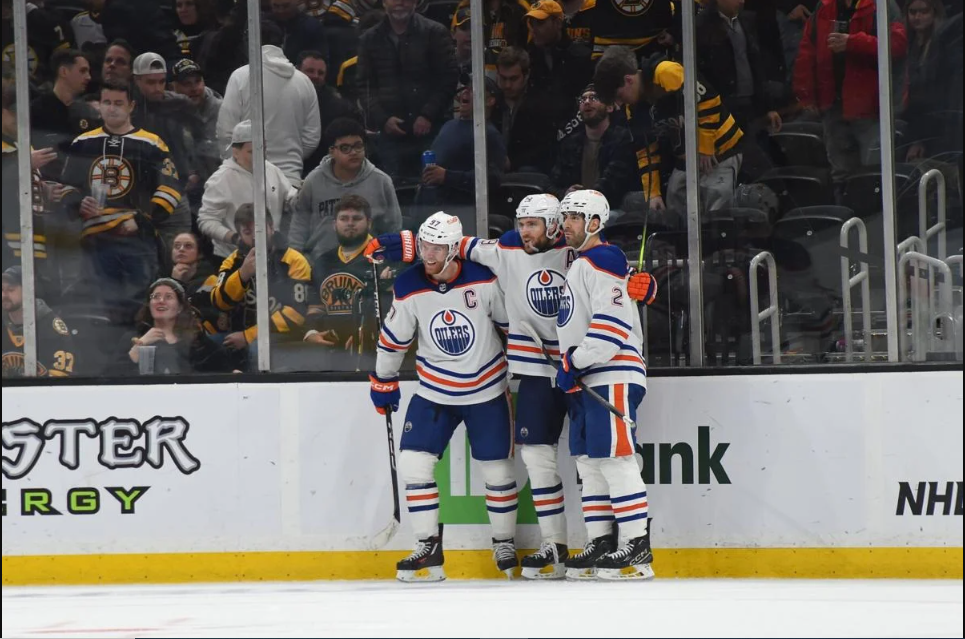
recently added Stan Bowman, general manager of the Edmonton Oilers, is currently facing one of the most depressing aspects of constructing an NHL team: roster costs increase with experience level.
This implies that any season that ends without a Stanley Cup victory—the Oilers nearly achieved this feat in June—could have been your greatest opportunity to do so.
Certainly that’s the least flattering implication of the contract extension for Leon Draisaitl announced this week. For all the talk about the deal being a signal of Connor McDavid’s long-term acquiescence to life in North America’s northernmost metropolis, given the well-documented friendship between the two stars, Draisaitl’s eight-year deal valued at $112 million (U.S.) means his cap hit of $14 million will supplant Toronto captain Auston Matthews as the NHL’s largest next season.







